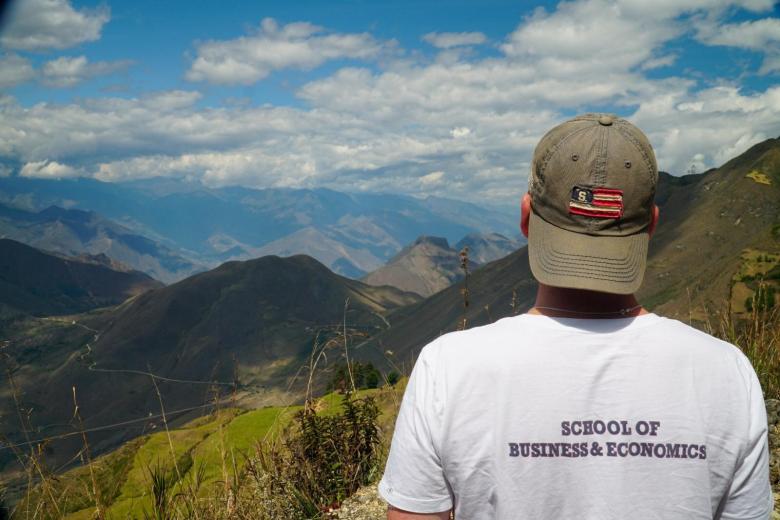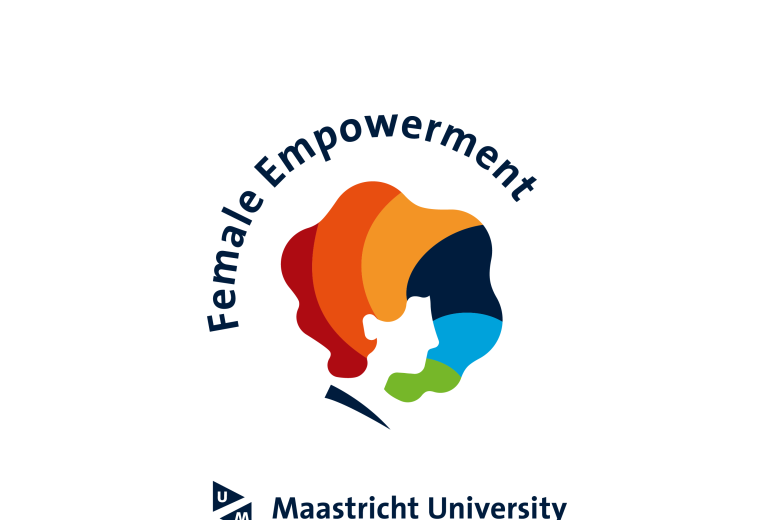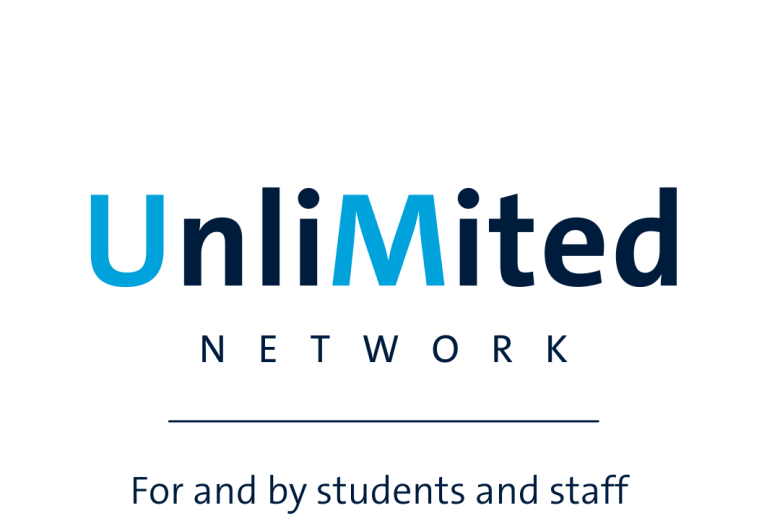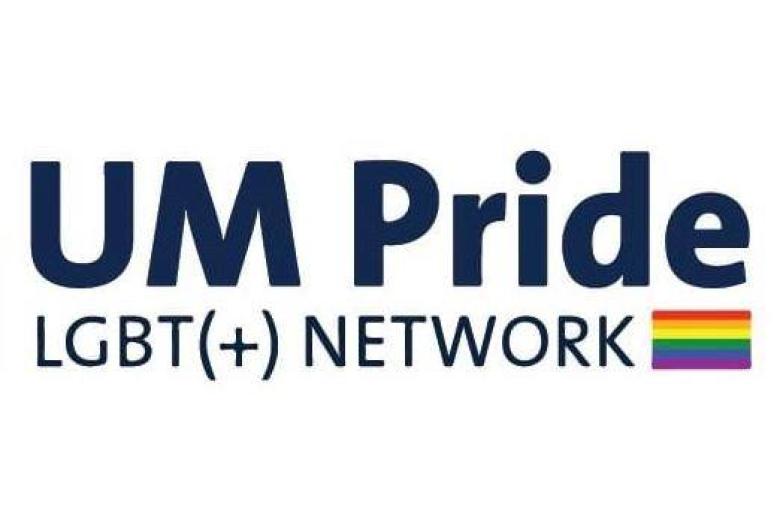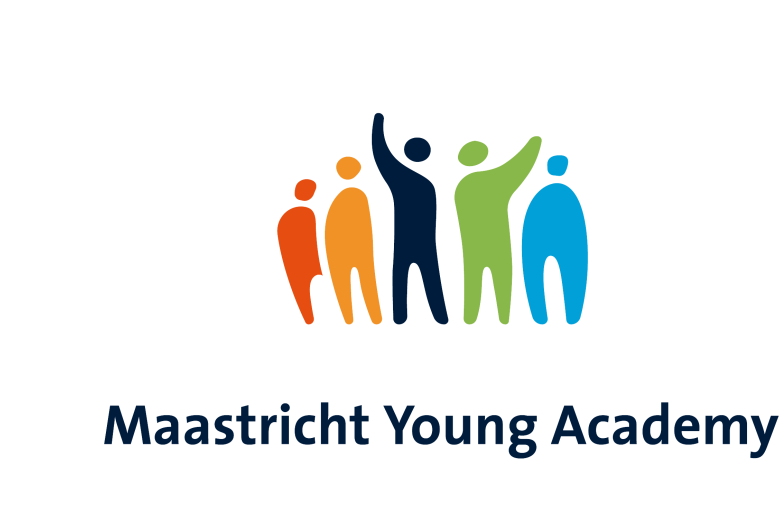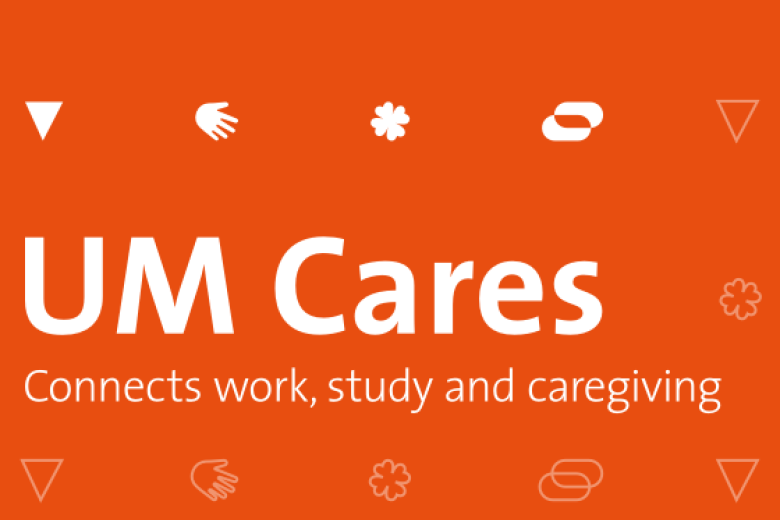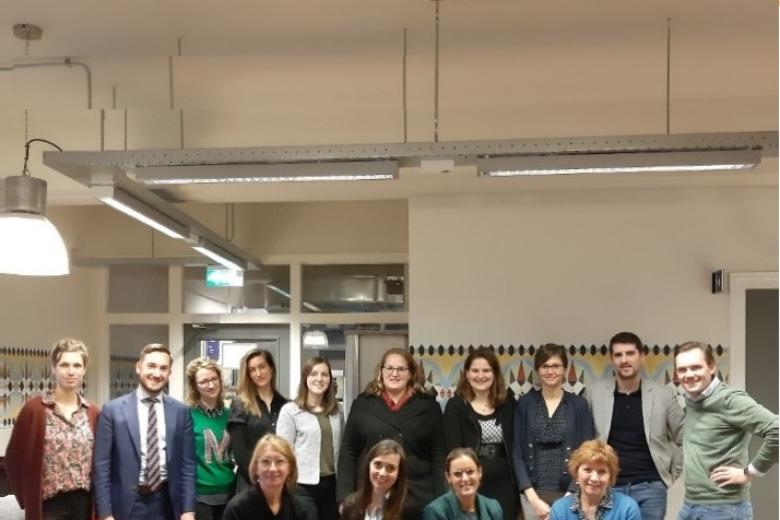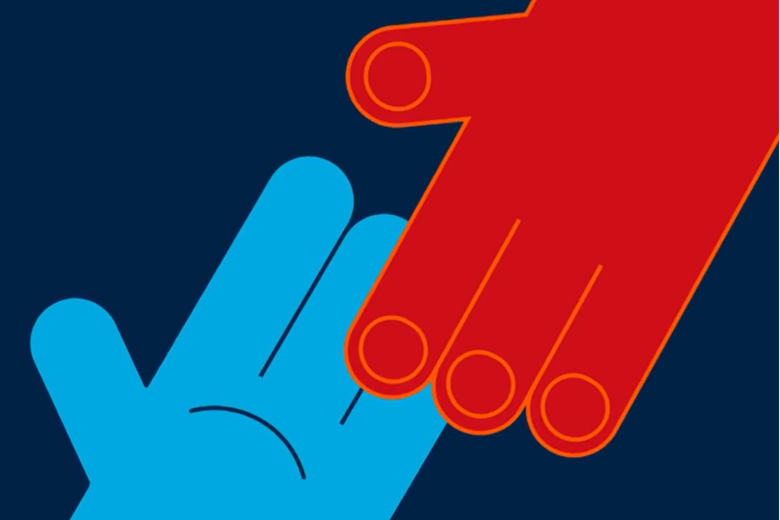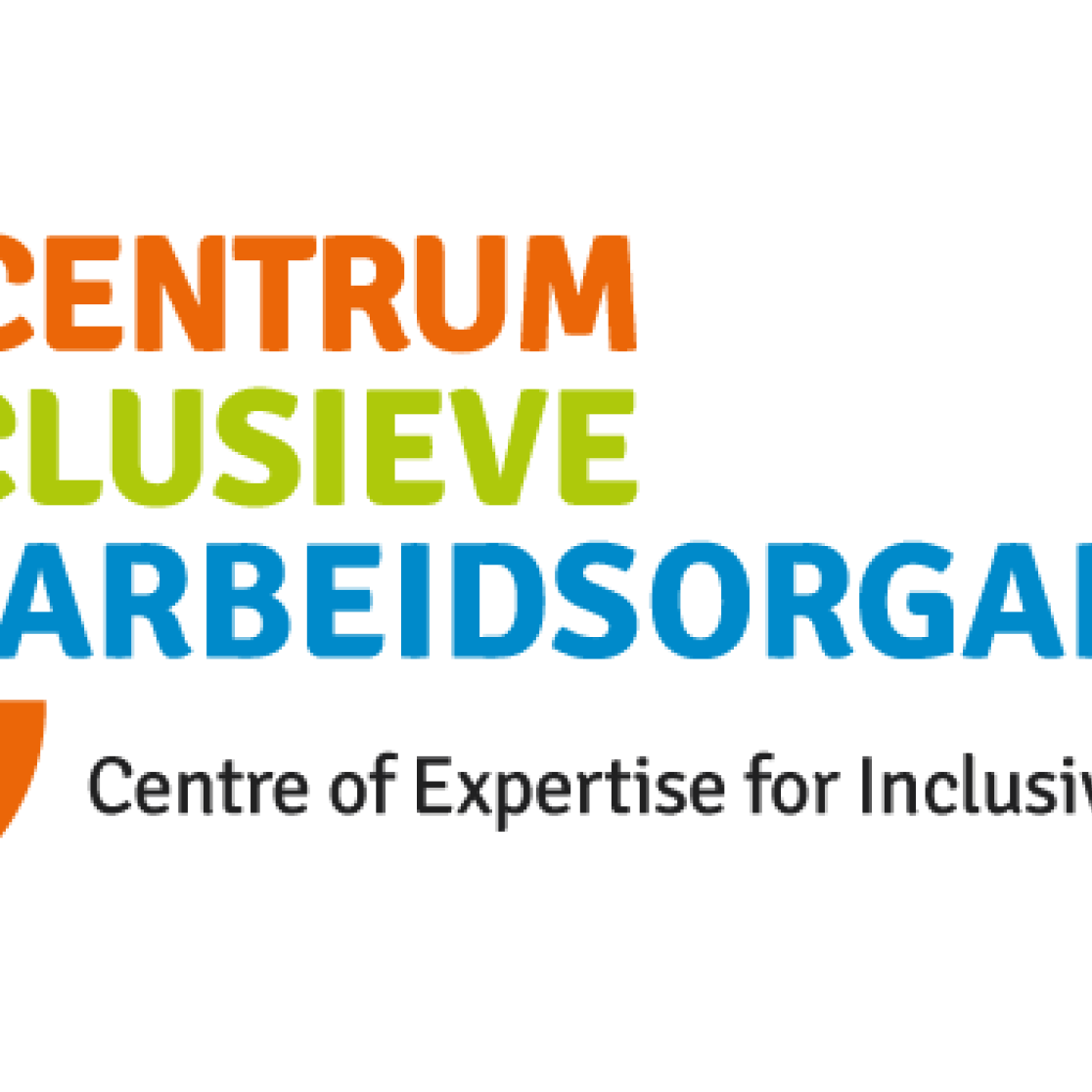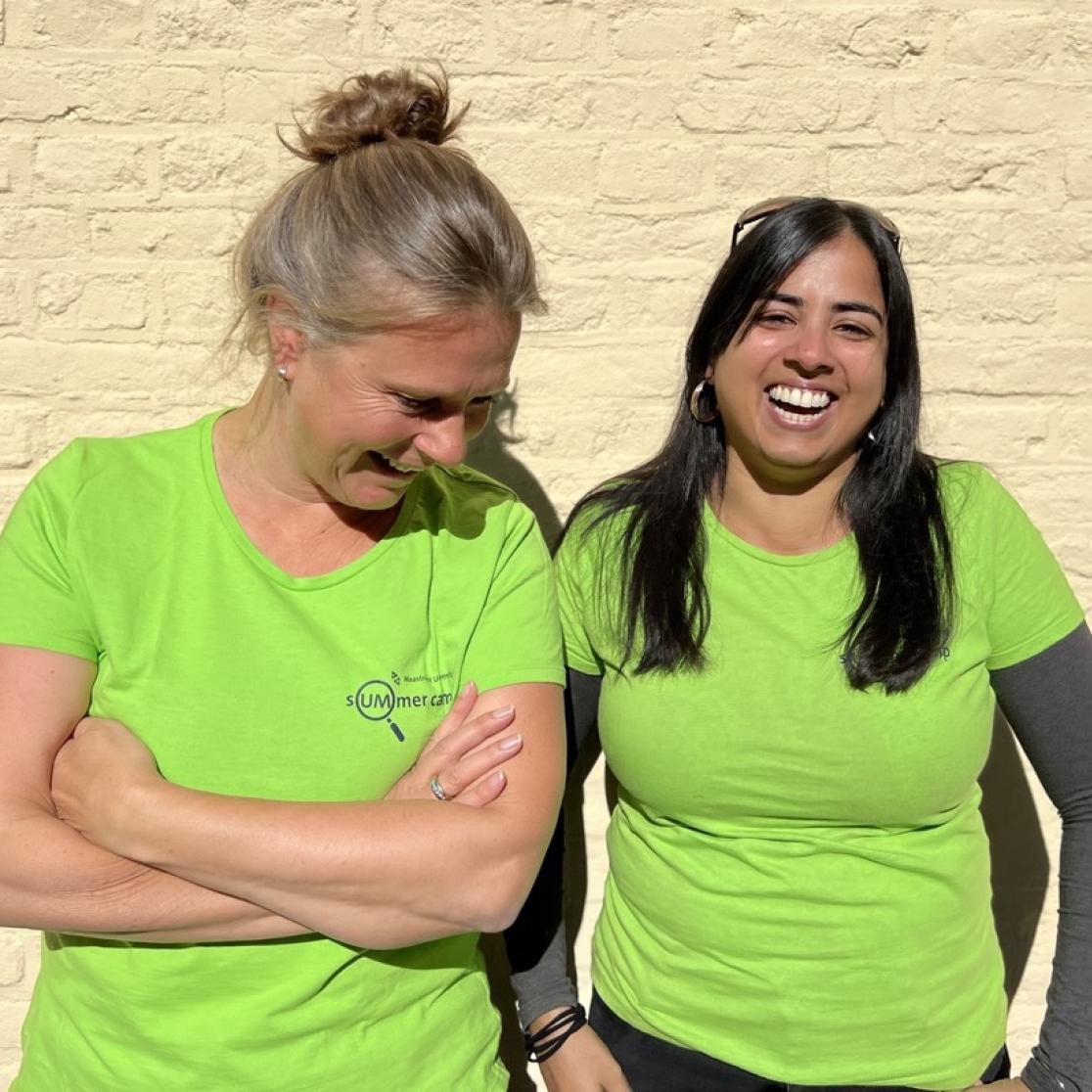The world is waiting for you!
Study abroad at a partner university
The International Relations Office (IRO) of the School of Business and Economics is responsible for initiating, organizing and coordinating student exchanges primarily at bachelor’s level for those students seeking additional experience abroad. Depending on your study programme at the School of Business and Economics, you go on exchange either in the first or in the second semester of your third year.
Check out our partner universities
Our School has more than 150 exchange contracts with universities and institutions in 45 countries all over the world.
List of partner universities
Note that you are not able to go on exchange to a university that is not part of the School's network.
Questions?
We're here to help.
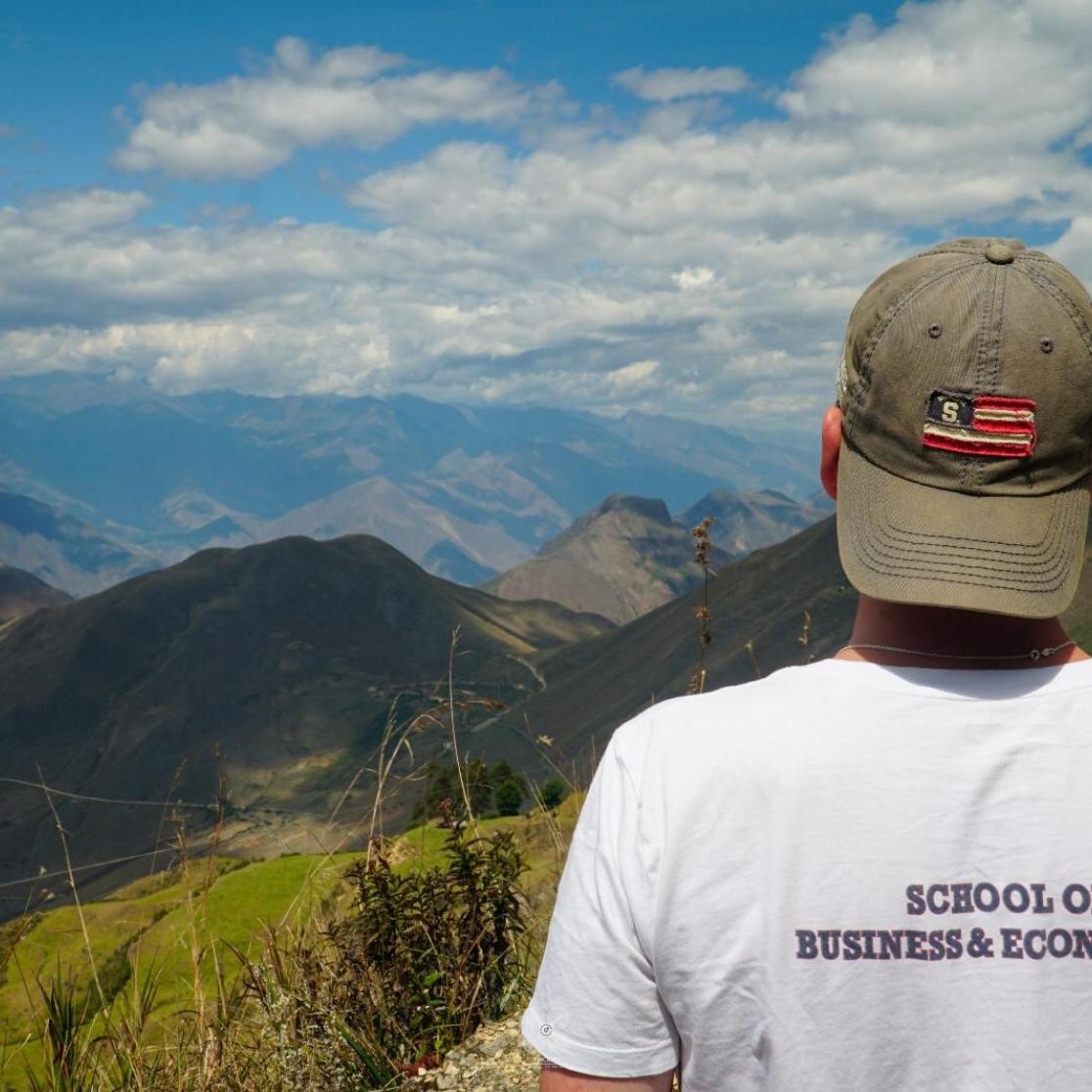
Eligibility & Selection
You can apply for a semester abroad as soon as you have successfully and fully completed your first year, meaning you have obtained all 60 ECTS credits.
All students who registered for the selection for study abroad, are ranked and selected based on the grades they obtained in the first year. The School of Business and Economics has enough exchange partners and study places abroad to send out these students.
Financial matters
Tuition
While you are on exchange abroad, you still need to maintain a valid registration at SBE, which means you will continue paying tuition at SBE. However, you do not have to pay tuition at the host university. Keep in mind that there may also be other costs involved when you go abroad for your exchange, other than of course travel costs, insurance and living expenses. For example, some partners require that you purchase the university’s health insurance plan. The host university will send you all detailed information well before your departure.
Grant
If you currently get a study grant, it is up to you to check with the issuing agency whether you are entitled to retain the grant as well as your student travel card/reimbursement while you are abroad as exchange student. Only if you go to a European partner university will you get an additional Erasmus grant.
